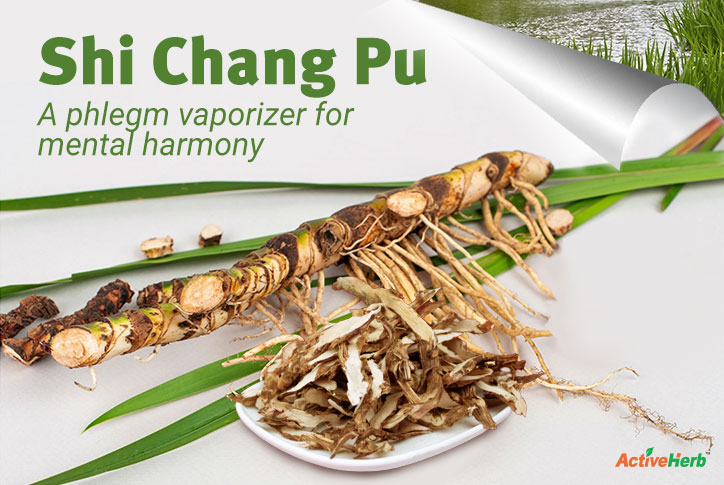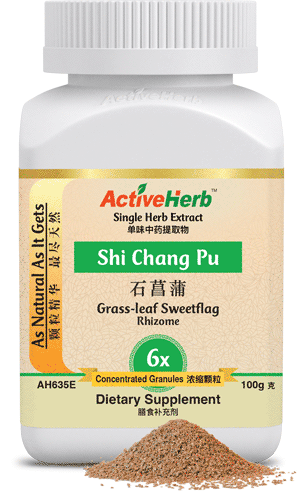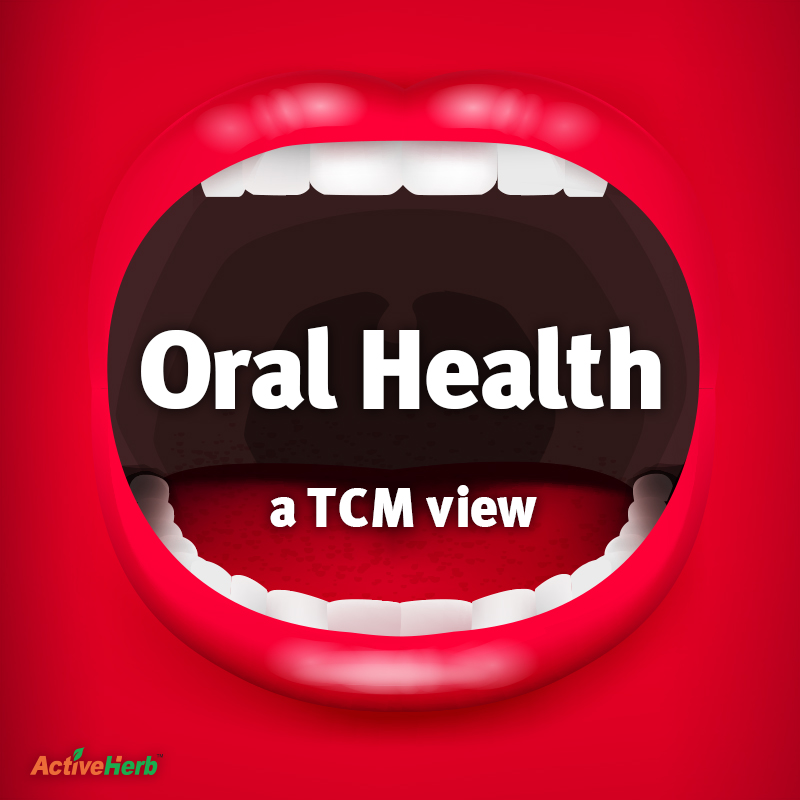Shi Chang Pu: A Versatile Phlegm Vaporizer & Orifice Opener

In ancient China, doctors had the best in-the-field anatomical training: treating soldiers gored on the battlefield. Centuries before William Harvey’s 16th-century discovery of the heart’s function and blood circulation—considered the greatest medical discovery of all time—ancient Chinese doctors could see that the heart had big vessels sticking out of it, including the aorta and pulmonary artery. They thought of these big vessels as “orifices” or openings of the heart.
In real-time, including gruesome decapitations (are there any other kind?), ancient Chinese doctors observed that blood flowed from the heart all the way up to the brain. Thus, not only does the life force (Qi) travel to the brain from the heart, they reasoned, but so too does blood.
What does this have to do with the highly versatile Chinese herb Shi Chang Pu, the most common botanical ingredient for mental disorders in China? We’ll get to that shortly.
But first, there’s more to the back story.
Insubstantial Phlegm In The Heart Orifices Causes Madness
Back to the ancient Chinese medicine doctors we go. They observed exposed guts, sinews, and damaged organ tissue on the battlefield. Observing the body’s inner workings, they theorized that phlegm (thick mucus or fluid) could build up in the heart’s orifices (arteries), not just in the heart meridian points of the arm as previously thought.
Dr. Subhuti Dharmananda, Director of the Institute for Traditional Medicine (ITM), suggests doctors had a unique way of thinking about phlegm during the Song Dynasty in China (960-1279 CE).
First, they saw phlegm in two main forms: “substantial” and “insubstantial.” Substantial Phlegm was like thick, gooey stuff you might cough up when sick. They thought this kind mainly hung out in the lungs (the kind we are familiar with when we have a bad cold) and stomach (also familiar when we’re stricken with a stomach bug that causes diarrhea).
Insubstantial Phlegm is more esoteric. The ancients described it as a misty, thin fluid. It can travel all around your body through the invisible energetic pathways of the body (meridians) and cause many health problems.
This misty pathogenic substance can swirl around your body and end up in places like your brain or your heart’s orifices. It can make you feel dizzy or even cause you to lose consciousness. When insubstantial Phlegm enters the lymph nodes, the nodes swell up, and your limbs can feel numb.
Ancient TCM doctors believed that both types of Phlegm, the thick and the misty, came from the same source and had the same basic nature. The difference is how they spread out in the body. The thick stuff cannot travel through the meridians, but the misty kind can.
Misty phlegm can mix with the 6 evils of TCM, such as Heat and Wind, making external invasions of the Wei Qi (immune system) even more troublesome.
“Don’t Play Misty For Me:” Misty & Phlegm-Dampness
When Misty Phlegm combines with the evil of Dampness, the ancient TCM doctors posited that the normal flow of energy and warmth (Yang) to the brain became blocked. This negatively affects the sensory organs and causes cognitive problems as well as mental instability. In fact, when misty Phlegm affects the heart orifices, it may lead to the following:
- Dizziness
- Loss of consciousness
- Stroke
- Mania (emotional outbursts, manic-depressive disorder),
- Convulsions
- Hearing loss
- Vision problems
- Loss of taste and smell,
- Inability to speak and lockjaw
According to ITM, diseases currently treated in China by herbs that resolve phlegm-mist affecting the heart orifices also include senile dementia.
Shi Chang Pu: A Powerful Misty Phlegm Vaporizer
Shi Chang Pu is one of 11 commonly used herbs in formulas that clear phlegm mist and open the orifices. Clearing phlegm mist is one thing, but Shi Chang Pu takes it to the next level. According to TCM theory, the herb “vaporizes” phlegm. Often used in combination with Polygala Root (Yuan Zhi), Shi Chang Pu clears the orifices and has so many purported folk applications that it’s nearly impossible to list them all.
So let’s for now focus on its main TCM actions…
By opening the orifices, Shi Chang Pu clears obstructions and enhances sensory perception, particularly in conditions where the sensory organs are impaired or dulled. And by vaporizing phlegm, Shi Chang Pu, which goes by several names in English, including Sweetflag, Calamus, Grassleaf, and Acorus, may help prevent dizziness and mental fog.
But that’s not all the actions of this superhero herb. (What other more fitting adjective is there for a botanical that can vaporize a pathogenic evil?!)
According to the beloved and departed professor of Chinese Medicine, Dr. Joel Penner, Shi Chang Pu also:
- Calms the Spirit
- Disperses Wind
- Transforms bad Qi (turbidity) caused by Dampness
- Harmonizes the Middle Jiao (the digestive fire of the body)
- Awakens the Spleen (the organ that promotes the movement of Qi by transforming broken-down food from the Stomach)
- Promotes Blood flow
- Reduces swelling
- Benefits the throat
TCM Formulas With Shi Chang Pu
ActiveHerb.com offers four formulas containing Shi Chang Pu, as well as extract granules that can be added to hot water to make instant herbal tea.
SpiritCalm – As the name implies, this formula tonifies the Heart, which houses the Spirit (“Shen”). If your Heart organ is deficient in Qi, the Shen will float away to other organs and you’ll feel unhinged. That’s where SpiritCalm comes to the rescue.
BrainNew – Ever wish you could wipe away your brain’s memory and reboot it just like a computer? Can’t focus? Feeling burnt out? Get a brand new brain with BrainNew.
MooDelight – MooDelight is formulated to make you as happy as a cow in a wide, green pasture.
HeartVigor—As mentioned, if your Heart function is suboptimal (not just the physical organ but the meridian as a whole), the Spirit leaves the safe cocoon of the channel and wonders restlessly, leading to poor sleep. This formula replenishes Blood and Yin to calm the mind and support restful sleep.
Shi Chang Pu Uses
Dr. Penner stated that this herb can help with nine types of Stomach imbalance patterns related to Qi disorders and resolve bloating.
Of the currently 586 published research studies on calamus/sweetflag rhizome, a scientific review of the herb’s pharmacological activities was published in Phytomedicine. The actions support:
- A calmer nervous system
- Better muscle control
- Cardiovascular health
- Digestive function
- Immunological function
- Healthy inflammation levels
- Healthy blood sugar levels
Concern Over Beta-Isoasarone
Beta-isoasarone is the primary active compound found in Calamus. While it contributes to the herb’s therapeutic effects, there is concern about its potential toxicity, particularly when consumed in high concentrations. However, when used as a TCM herb, the level of beta-isoasarone is very low. However, the concern over beta-isoasarone led the FDA to prohibit calamus in food products. Beta-isoasarone content can vary widely among species from 0% to 96%.
On a final note, perhaps this herb’s most interesting folk use is chewing its raw root, which is said to kill the taste of tobacco. If only Shi Chang Pu could vaporize having to pay taxes!







